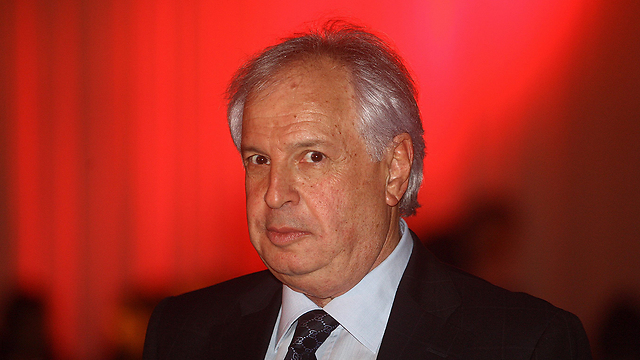
One doesn't have to be a member of Netanyahu's fan club to wonder whether Mandelblit's decision was appropriate, given that the election race has entered the final stretch, and the Likud has submitted its list of candidates. Even if the attorney general doesn't intend to intervene in the election campaign, it is difficult to see how such a move will not be perceived by the public as meddling.
Moreover, given that large swathes of the public believe the investigations into the prime minister's activities don't stem from an honest desire to eradicate corruption, but are motivated by other considerations, Mandelblit's timing only reinforces that belief. Yet the allegations themselves - whether they end in a trial or not - are hard to ignore.
The attorney general did not give in to Netanyahu's demands nor crack under the pressure from the prime minister's supporters not to release his recommendations. Instead, he sent a list of all the criminal charges he intends to level at Netanyahu to the prime minister's attorneys in an official document. And those recommendations paint a very gloomy picture.
For instance, let's review Case 1000, also known as the "illicit gifts affair." The image of crony capitalism that emerges from the list of looming criminal charges is tremendously disturbing, even before any indictment is filed.
On the one hand, wealthy donors pursued amicable relations with the prime minister and his family - and it is clear those friendly ties are not unconnected to Netanyahu's position and standing as the prime minister of Israel. On the other hand, the prime minister and his family willingly and happily played along, nurturing these friendly ties while enjoying the little treats such relationships can provide.
And the suspected criminal charges against the prime minister in Case 2000 and especially in Case 4000 fail paint a more optimistic picture.
In Case 2000, police say that Netanyahu and Yedioth Ahronoth owner and publisher Arnon Mozes discussed a quid pro quo to promote one another's interests, during private meetings that began in 2009 and continued for several years.
In Case 4000, also known as the "Walla!-Bezeq affair," Netanyahu is suspected of accepting bribes and acting in a conflict of interest by promoting regulations worth hundreds of millions of dollars to Bezeq and its then-majority shareholder Shaul Elovitch, including Bezeq's merger with the satellite TV company Yes. In return, the prime minister allegedly demanded—both directly and indirectly—favorable coverage on the Walla! news website owned by Bezeq.
Before Thursday, public knowledge of Netanyahu's alleged wrongdoing was limited to a combination of media leaks and plain gossip. But now, when it has all has been laid out, Israel's citizens have been given the opportunity to cast their ballot after taking into account this new information. Those who think the electorate's minds have been made up long ago are making a grave mistake, for even with all this apparently damning information released to the public, that public could well vote for Netanyahu anyway.
Even those who believe every single word written by Mandelblit face a quite difficult dilemma, for many who think Netanyahu is an excellent prime minister may also think it is worth paying the price of his alleged corruption to keep the most suitable man in the job.
Many of the most admired leaders throughout history had very low moral standards in their personal life. And so it is not at all certain that Mandelblit's decision will sway right-wing voters to change their ballot even if they completely trust the attorney general and his team.
Should the public re-elect Netanyahu as prime minister, it would constitute a different kind of vote of confidence. It would mean that the public wants Netanyahu to stay in power despite his alleged crimes. If this is the case, it would be impossible to honestly argue that Netanyahu should resign after an indictment is filed against him —because the public has already had its say.


















